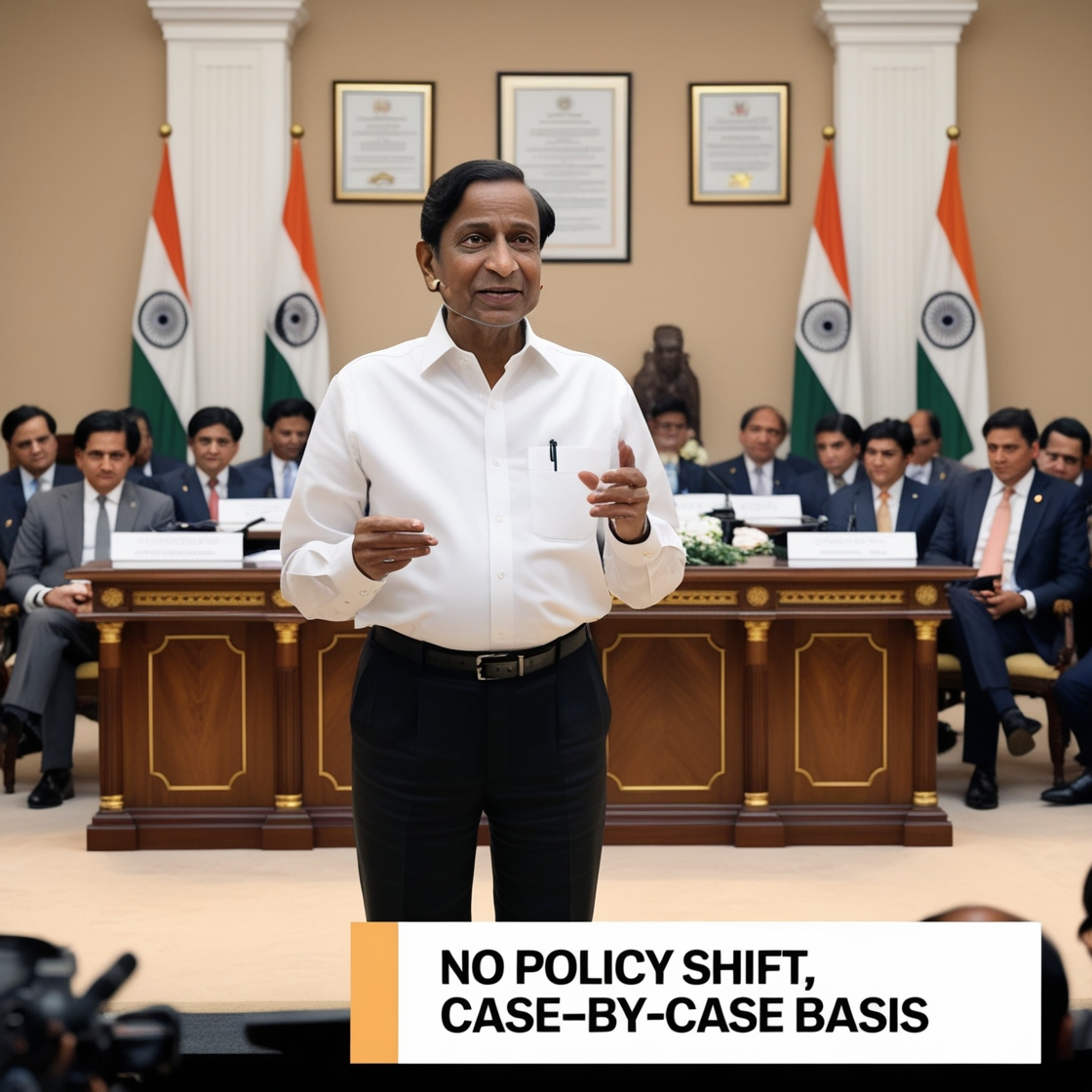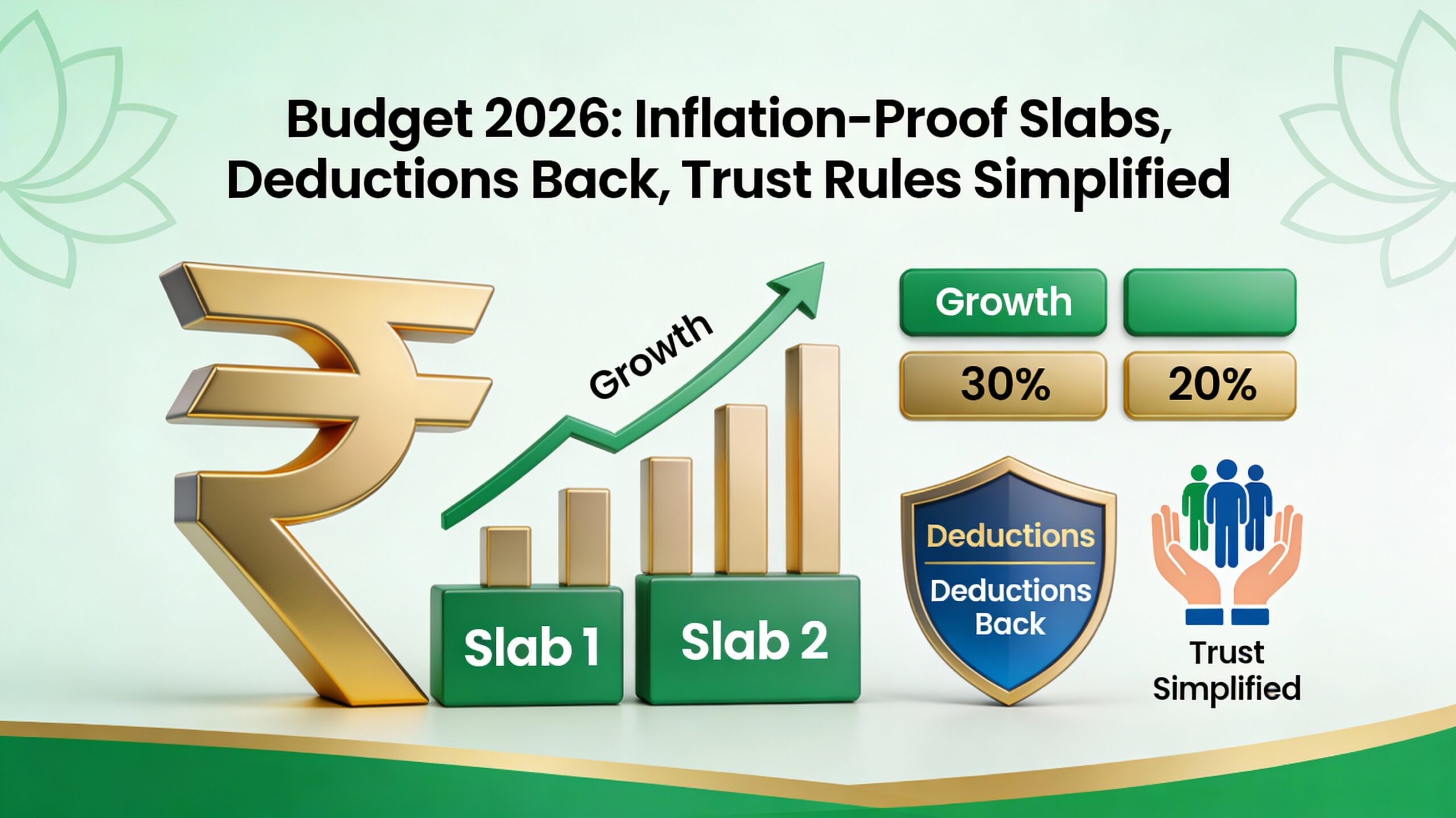The Secretary of the Department for Promotion of Industry and Internal Trade (DPIIT) emphasized that every investment from China will continue to undergo rigorous checks, with no plans to ease Foreign Direct Investment (FDI) norms for countries sharing a land border with India.
Rajesh Kumar Singh, the Industry Secretary, dismissed speculation about a change in India’s FDI policy towards China, reiterating that Chinese investments will still be scrutinized and considered individually. In an interview, Singh clarified that while India has never outright blocked FDI proposals from China, it has subjected them to increased scrutiny.
“We do not intend to make any changes to Press Note 3. Case-by-case scrutiny will continue, so there will be no change in the policy stance. 30-40 per cent of the total applications from land border countries have been approved. In the last two years, mostly from China or Hong Kong, there has never been a complete blockade from other countries like Pakistan, Bangladesh or Nepal.
Press Note 3, enacted on April 22, 2020, introduced stringent checks on entities from countries sharing a land border with India to prevent opportunistic takeovers or acquisitions of Indian companies.
Singh’s comments come amidst rising expectations that India might be more open to Chinese FDI to enhance local manufacturing capacities. This debate was fueled by the Economic Survey 2023-24, which suggested increasing Chinese investments to help manage India’s growing trade deficit.
Adding to this speculation was the government’s move to establish an online portal to expedite e-visas for Chinese technicians, facilitating their entry into India.
However, Singh clarified that the Economic Survey’s suggestion should be viewed as an academic exercise. “It is just an idea; a balloon that has been floated,” he stated.
When asked if India will continue to consider Chinese FDI only on a case-by-case basis without amending Press Note 3, Singh confirmed, “There is no change in policy on China. Case-by-case scrutiny and clearance will continue. The Economic Survey is merely sharing an idea, more of an academic exercise.”
Regarding FDI from China in sectors where they dominate exports, such as electric vehicles, Singh said, “In case-to-case examinations, all such aspects can be considered, giving us the freedom to evaluate every factor.”
Singh also discussed India’s goal of attracting close to $100 billion in FDI over the next five years, mentioning that India already has one of the most liberal FDI regimes globally. “Specific sector discussions are too preliminary to share now. Internal discussions are ongoing, and any policy changes will be announced when finalized. The overarching goal is to make India’s economic narrative more compelling to the world.”
On whether India’s domestic industry should be more open to a lower-tariff regime as the country signs more foreign trade agreements (FTAs), Singh remarked, “Over time, we must become more competitive. Industries should prepare for a lower-tariff regime. The government’s role is to determine what is beneficial for the country in terms of trade-offs, not to cater to industry insecurities.”
Regarding the flagship production-linked incentive (PLI) scheme, Singh said, “The empowered committee of secretaries reviews the PLI scheme quarterly. Sectors with delays or undersubscriptions will be reviewed.”
When asked about new PLI schemes, Singh responded, “I am not aware of any new PLI schemes at the moment. The focus is on effectively implementing the current ones, particularly in textiles and steel.”
Finally, Singh addressed the upcoming deep-tech startup policy, stating, “The deep-tech policy will be a general framework, with specific schemes to follow after its finalization and cabinet approval. I cannot provide a specific timeline.”











